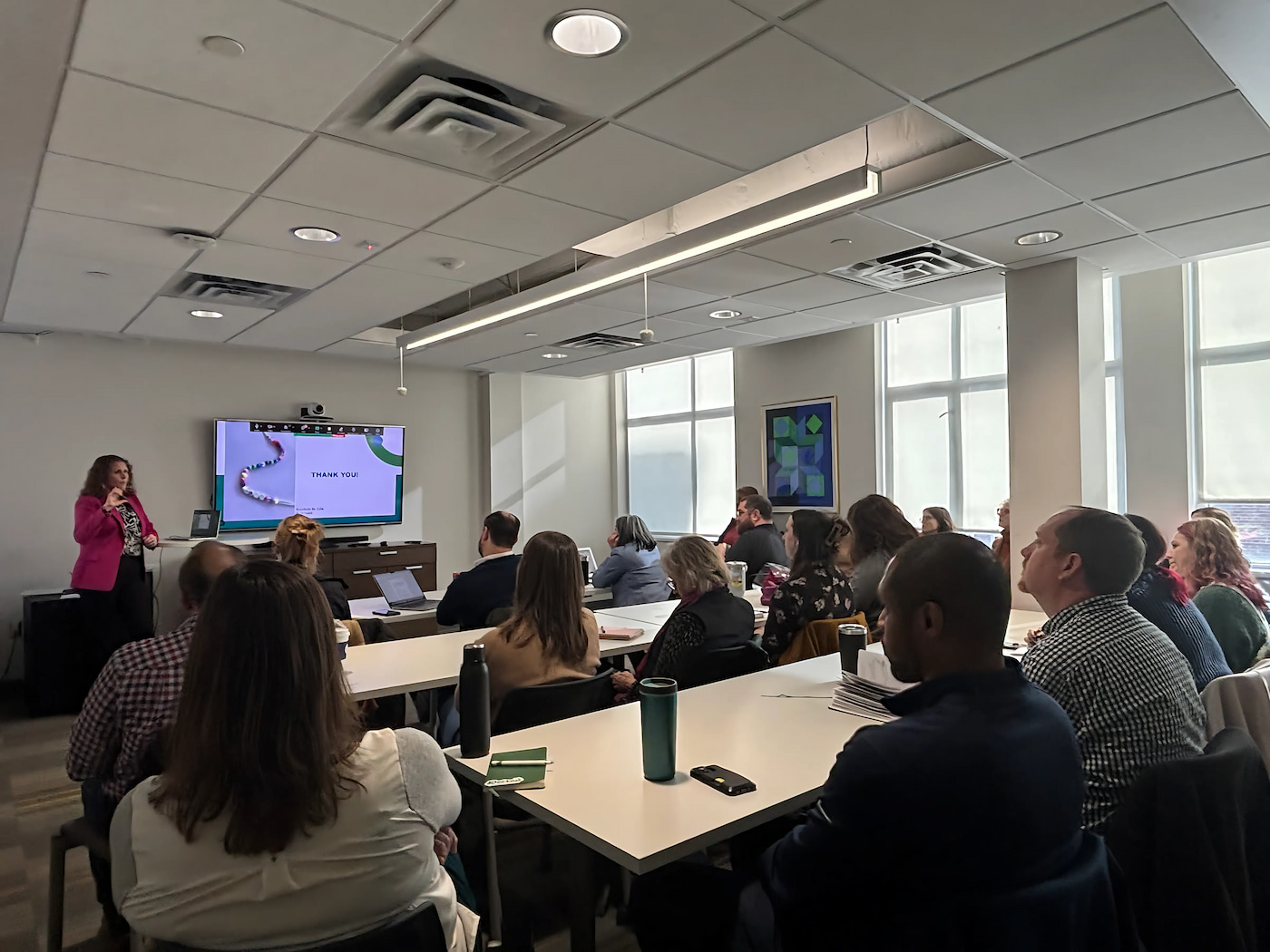Ph.D. candidates successfully defend dissertations on disability, medical aid in dying
Three Wayne State University scholars have successfully defended their dissertations, advancing research in anthropology and social work. Dr. Kathryn Wright and Dr. Caitlin Cassady (anthropology and social work), and Dr. Samantha Ellens (anthropology) will receive their doctorate at the university’s commencement ceremony later this semester.

Wright’s dissertation, "Exclusion and Education: Disability and Personhood in Public School," presents a 10-month ethnographic study of self-contained middle school classrooms. Her research examines the impact of exclusion on students, the social relationships they form, and how school environments reinforce distinctions between disabled and able-bodied students. She argues that school social workers can play a key role in addressing these issues through policy and practice changes.
Cassady’s dissertation, "Medical Aid in Dying: Physician Beliefs, Practices, and Respect for Autonomy," explores the controversial practice of medical aid in dying (MAiD), in which clinicians assist terminally ill patients in seeking and completing a medically assisted death. While legal in an increasing number of states, MAiD remains debated in social work, medicine, and disability studies. Cassady’s research examines concerns about coercion and the devaluation of disabled lives while also considering arguments for patient autonomy and choice. She outlines future research directions relevant to both anthropology and social work.
Ellens’ dissertation "Uncovering Landscapes of Labor: The Contributions of the Citrus Lime Industry to Socioeconomic Transformations in the Post-Emancipation Lesser Antilles" is a historical archaeological analysis of the social, economic and environmental impacts of Montserrat’s citrus lime industry (ca. 1852-1928) in the post-emancipation era. This study uses a multi-scalar and multi-sited framework, drawing upon different resolutions of data at the local, regional and global level to interrogate the relationships and pathways through which the industry operated. The dissertation contributes to understanding the complexities of post-emancipation life in the Caribbean, the role of agro-industries in shaping local landscapes and the legacies of colonialism and capitalism in the region.
With their research tackling critical social issues—from education and disability rights to medical ethics and post-emancipation economies—these scholars are making significant contributions to their fields.